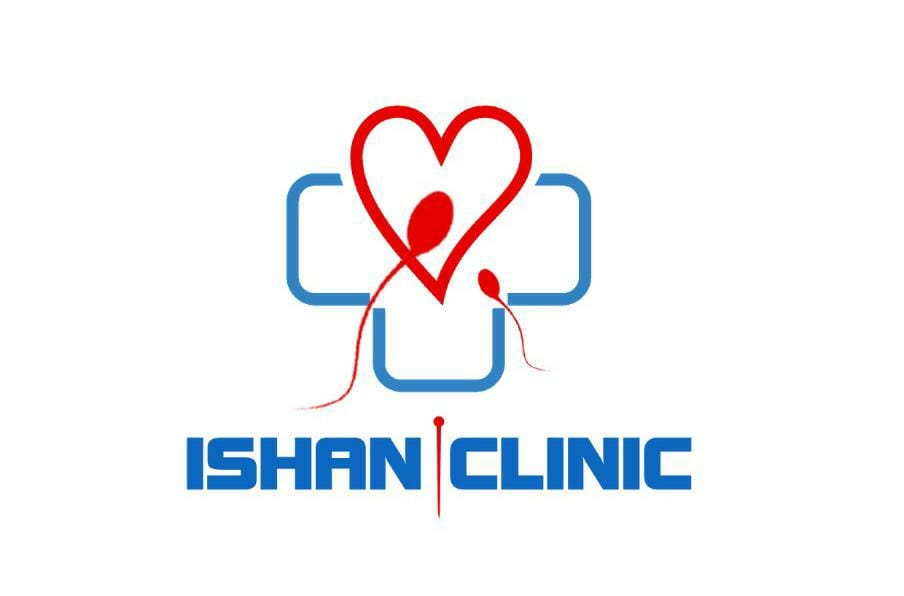

Erectile Dysfuntion
Erectile Dysfunction (ED) is a common condition wherein a man struggles to achieve or maintain an erection sufficient for sexual activity. Various factors contribute, including age, underlying health conditions, or psychological issues. Lifestyle modifications, counseling, and medications like phosphodiesterase type 5 (PDE5) inhibitors can often alleviate symptoms. Seeking medical advice is crucial to identify and address underlying causes. Open communication with a healthcare professional facilitates personalized treatment plans, promoting sexual health and overall well-being. Understanding that ED is a medical concern rather than a reflection of masculinity fosters a proactive approach towards its management and reduces associated stigma.
Erectile Dysfuntion
Erectile Dysfunction (ED) is a prevalent medical condition characterized by the consistent inability to achieve or maintain an erection sufficient for satisfactory sexual performance. While occasional difficulties are common, persistent challenges may indicate underlying health issues requiring attention and intervention.
Causes:
ED can stem from a variety of factors. Physical causes include cardiovascular diseases, diabetes, hormonal imbalances, and neurological disorders affecting the blood flow or nerve signals necessary for an erection. Psychological factors such as stress, anxiety, depression, or relationship issues can also contribute. Lifestyle choices, like smoking, excessive alcohol consumption, and sedentary habits, may exacerbate ED.
Prevalence and Age:
ED is not solely an issue of aging. While its prevalence increases with age, it can affect men of all age groups. Younger men may experience ED due to stress or performance anxiety, while older men may be more prone to health-related causes.
Impact on Quality of Life:
Beyond the physical aspect, ED can have profound psychological implications, affecting self-esteem, confidence, and intimate relationships. The stigma surrounding ED may discourage individuals from seeking help, perpetuating emotional distress and further hindering relationships.
Management and Treatment:
Lifestyle Modifications: Adopting a healthy lifestyle, including regular exercise, a balanced diet, and smoking cessation, can improve overall cardiovascular health and contribute to ED management.
Medications: Phosphodiesterase type 5 (PDE5) inhibitors, such as sildenafil (Viagra), tadalafil (Cialis), or vardenafil (Levitra), are commonly prescribed to enhance blood flow to the penis, facilitating erections.
Counseling: Psychological factors often play a role in ED. Counseling or sex therapy can help individuals address stress, anxiety, or relationship issues contributing to their condition.
Hormone Therapy: If hormonal imbalances are identified, hormone replacement therapy may be recommended to restore proper levels.
Vacuum Erection Devices and Penile Implants: In some cases, devices like vacuum erection devices or surgical placement of penile implants may be considered.
Seeking Professional Help:
While lifestyle changes can benefit many, consulting a healthcare professional is crucial for a thorough evaluation. They can identify underlying causes, tailor treatment plans, and provide guidance on appropriate interventions. Open communication with a healthcare provider fosters a supportive environment for discussing concerns and exploring suitable options.
Emotional and Relationship Aspects:
ED discussions should include partners, as the condition impacts both individuals. Understanding and empathy from partners can enhance emotional well-being. Couples may explore alternative intimate activities, reinforcing emotional bonds while addressing physical challenges.
The Role of Mental Health:
Addressing psychological aspects is integral to ED management. Stress reduction, mindfulness practices, or couples therapy can contribute to overall mental well-being and positively influence sexual health.
Conclusion:
Erectile Dysfunction is a multifaceted condition with physical, psychological, and relational dimensions. Recognizing it as a medical concern rather than a reflection of masculinity is pivotal in destigmatizing discussions around ED. Seeking timely professional guidance, adopting a holistic approach to health, and fostering open communication within relationships can empower individuals to address ED effectively, enhancing both physical and emotional well-being.
